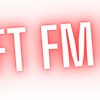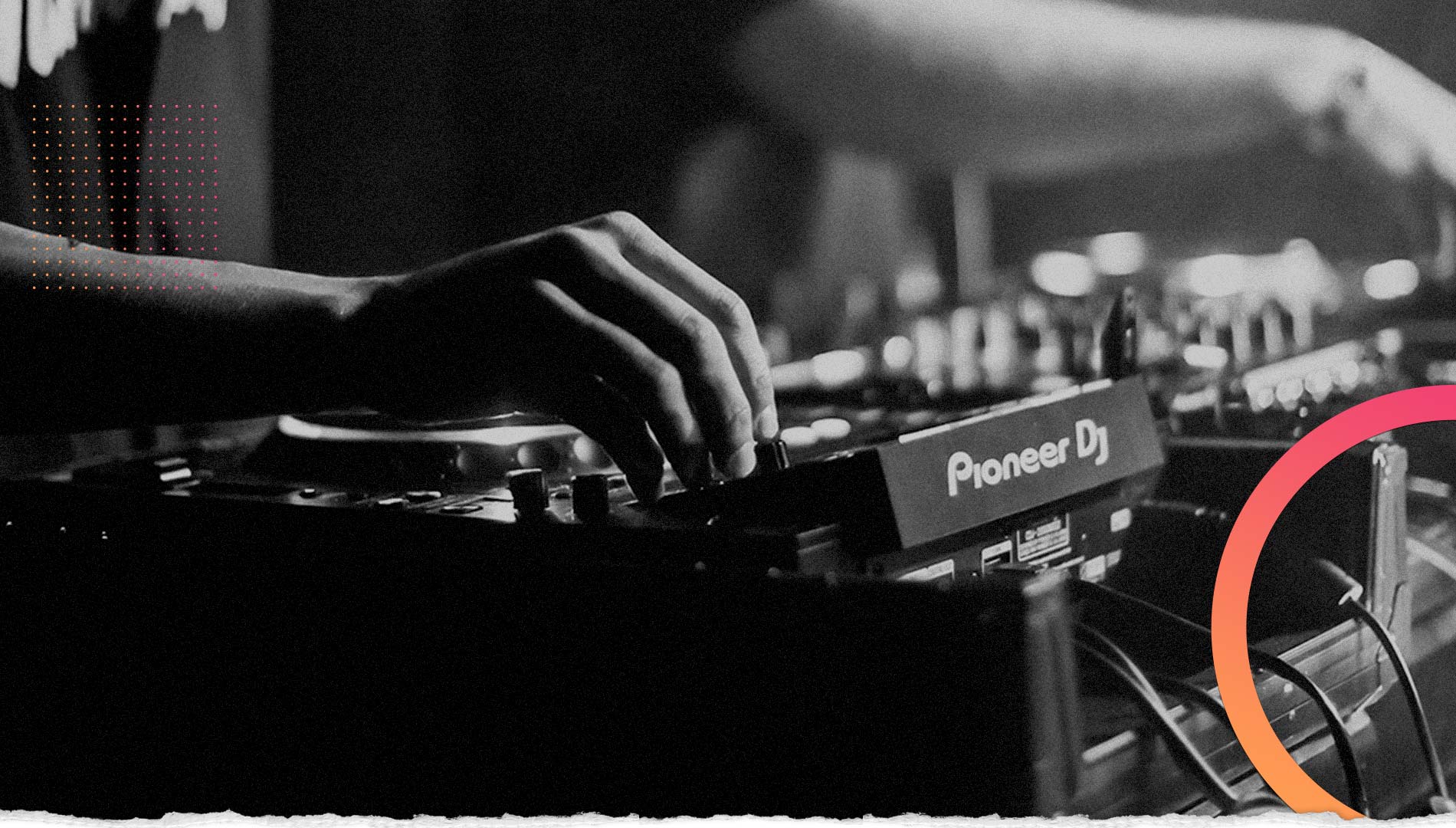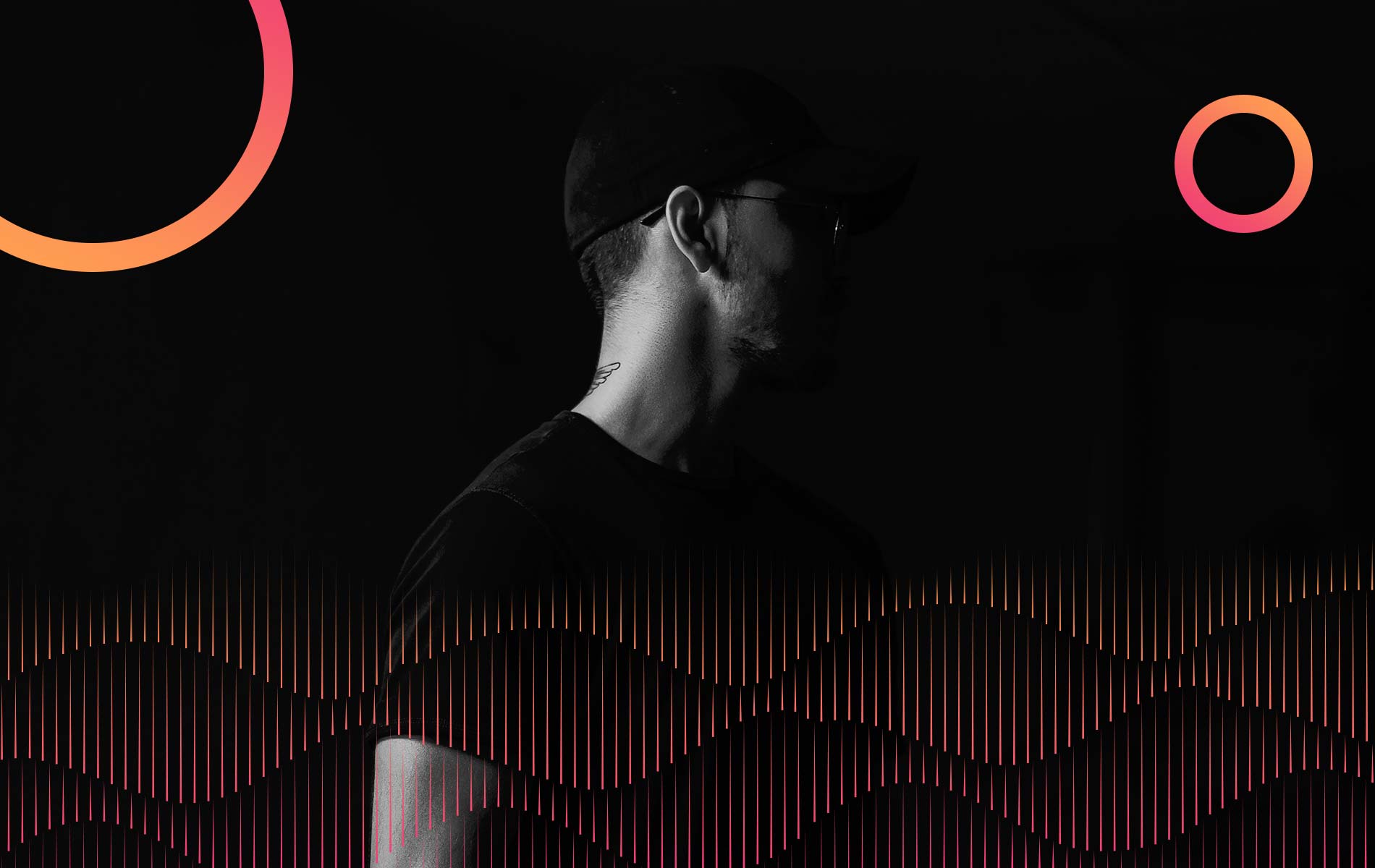Listeners:
Top listeners:
-
 play_arrow
play_arrow
Electromusic FM RADIO ONLINE 24/7
-
 play_arrow
play_arrow
London Calling Podcast Yana Bolder

On the surface, Anthony Gomez and Craig Sinclair seem like two average dads who work normal day jobs. Gomez works at the University of Windsor, Sinclair in construction.
But when the work week is over and the kids are asleep, the pair meet up in Sinclair’s basement and make techno music.
“We came up playing music downtown, DJing. This was an opportunity for us to learn something new and establish kind of a different connection to to music,” said Gomez.
The duo makeup the Windsor Techno group Mothers Against Drum Machines.
They are members of Windsor’s techno music scene. A scene that’s been around for close to thirty years.
Windsor’s techno music scene’s been pumping for 30 years
CBC’s Nav Nanwa pulls back the curtain on Windsor’s underground techno scene that includes secret events and meet-ups.
Its roots are traced back to the early 1990s, when DJ Richie Hawtin emerged on the local scene. The LaSalle native is considered one of techno’s most influential figures. He lived in LaSalle but quickly became immersed with the scene across the border in Detroit, the birthplace of techno.
He would go on to co-found the record label Plus 8 with London Ontario DJ John Acquaviva called Plus 8, which would lead to both DJs gaining notoriety worldwide.
Back in Windsor, it was their influence that fostered the techno music in the city. Clubs in downtown Windsor like The Underground and Platinum became regular locations where people could hear and dance to techno music.
“It was packed every weekend. Lots of people there. That was probably about.2000, 2001, 2002. I would say that was the height of the scene for me” says Sinclair, one of half of Mothers Against Drum Machines.
“And then it died down for a while. You didn’t really hear much until Boom Boom Room opened back up. And then I want to say about 2005 to probably 2012.”
The scene would fizzle in and out, which according to Gomez and Sinclar was due to venue closures. The COVID-19 pandemic also didn’t help. But once restrictions lifted, the movement started to grow again.

A few of the city’s DJs and producers lead the charge. One of them was Justin James, a mentee of Richie Hawtin.
“Rich gave me some opportunities to write some music and end up on another label that he ran called Minus,” James said. “One of my first tracks on there ended up doing really, really well.”
Similar to the members of Mothers Against Drum Machines, James holds a day job. He’s a primary school gym teacher. But outside of school, he is one of the more well-known techno DJs within the Windsor-Detroit scene.
“The scene kind of comes and goes. But it’s still alive and well in some level because the most beautiful thing about this thing, it’s the underground,” added James.
James is known for his event series called ‘Unknown.’ For these events, he finds a venue that’s a secret to the attendees until the day of the event. They tend to take place in warehouses and clubs around the city.
For the last three years, he’s also extended the series into a new event called “Camp Unknown’ which is a three day long music festival that takes place at Kiwanis Park in Kingsville every August.
“Music tries to go all night, you know, whether it’s in the outdoor venue or we have an indoor venue where you can kind of keep going a little bit later without the worry of noise,” said James.

But some events that happen in the city aren’t so hidden.
Popular venues like Phog Lounge and breweries like Craftheads have also started partnering up with local DJs and promoters to put on techno events.
It’s scene Madeline Mazak know a lot about. She is a bartender at Phog Lounge and a radio host for CJAM, the University of Windsor’s radio station, where she goes by the DJ name ‘Odessa’.
“You can find pockets in the city of places you can go to find people doing this stuff. In the last year I’d say I I see so many more people promoting those events, doing monthly residencies” Mazak said.
Another way this music is creating community is through initiatives like the Signal Exchange.

Cameron Doig is one of the organizers of this meet-up group. The group, which has been around since 2017, allows anyone with a drum machine to show up for a jam session.
“We would just get together and talk about gear. Sometimes we do big events,” explained Doig.
For people like Doig, it’s a way to foster a community in a genre that evolved over time. It’s also a chance to bring new fans in.
“For years, I’ve just kind of felt like we might have more talent than we have the people to support it.”
Even with so much happening on the techno scene, Justin James says it’s unlikely it’ll crossover to the mainstream. And that’s alright by him.
“I’m content with the idea and that this music is the underground. And for the underground, right. It might not be for everybody.”
Written by: Soft FM Radio Staff
devoted music scene Techno underground Windsors
Similar posts
Electro Music Newsletter
Don't miss a beat
Sign up for the latest electronic news and special deals
EMAIL ADDRESS*
By signing up, you understand and agree that your data will be collected and used subject to our Privacy Policy and Terms of Use.
Podcast episodes
 Invalid license, for more info click here
Invalid license, for more info click here
Copy rights Soft FM Radio.




